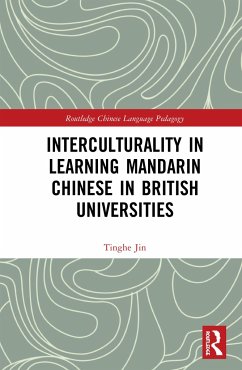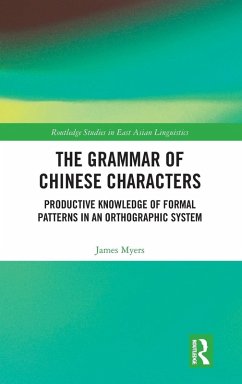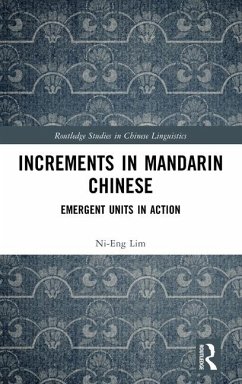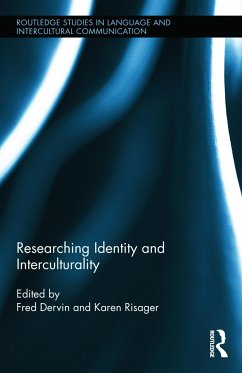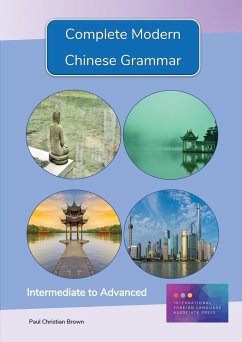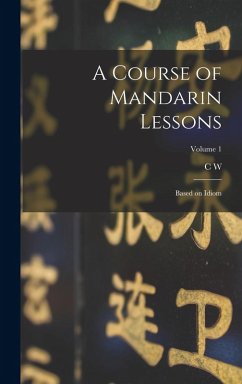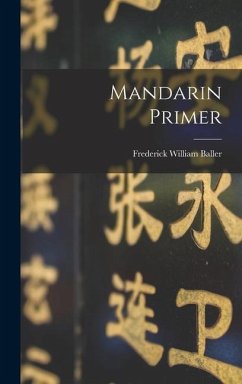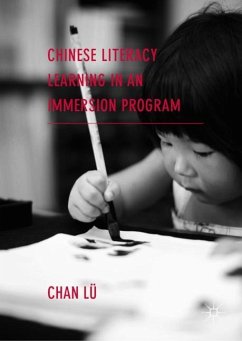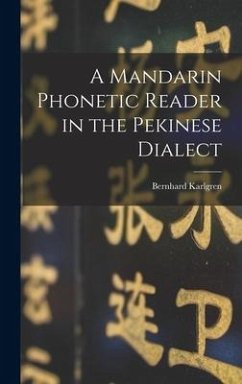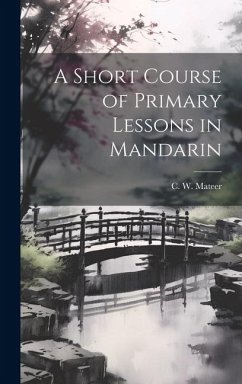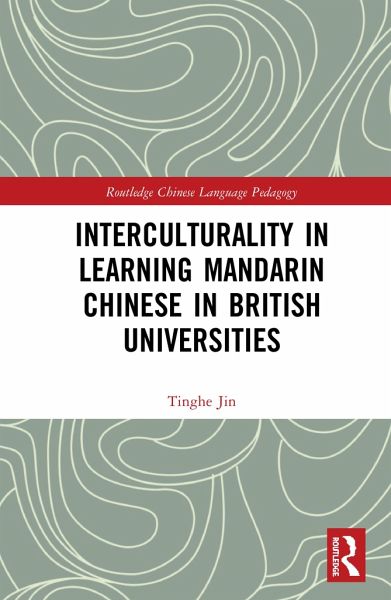
Interculturality in Learning Mandarin Chinese in British Universities
Versandkostenfrei!
Versandfertig in 1-2 Wochen
63,99 €
inkl. MwSt.
Weitere Ausgaben:

PAYBACK Punkte
32 °P sammeln!
As China and Chinese language learning moves centre stage economically and politically, questions of interculturality assume even greater significance. In this book interculturality draws attention to the processes involved in people engaging and exchanging with each other across languages, nationalities and ethnicities. The study, which adopts an ecological perspective, critically examines a range of issues and uses a variety of sources to conduct a multifaceted investigation. Data gathered from interviews with students of Mandarin sit alongside a critical discussion of a wide range of source...
As China and Chinese language learning moves centre stage economically and politically, questions of interculturality assume even greater significance. In this book interculturality draws attention to the processes involved in people engaging and exchanging with each other across languages, nationalities and ethnicities. The study, which adopts an ecological perspective, critically examines a range of issues and uses a variety of sources to conduct a multifaceted investigation. Data gathered from interviews with students of Mandarin sit alongside a critical discussion of a wide range of sources. Interculturality in Learning Mandarin Chinese in British Universities will be of interest to students and academics studying and researching Chinese language education, and academics working in the fields of language and intercultural communication, intercultural education and language education in general.





